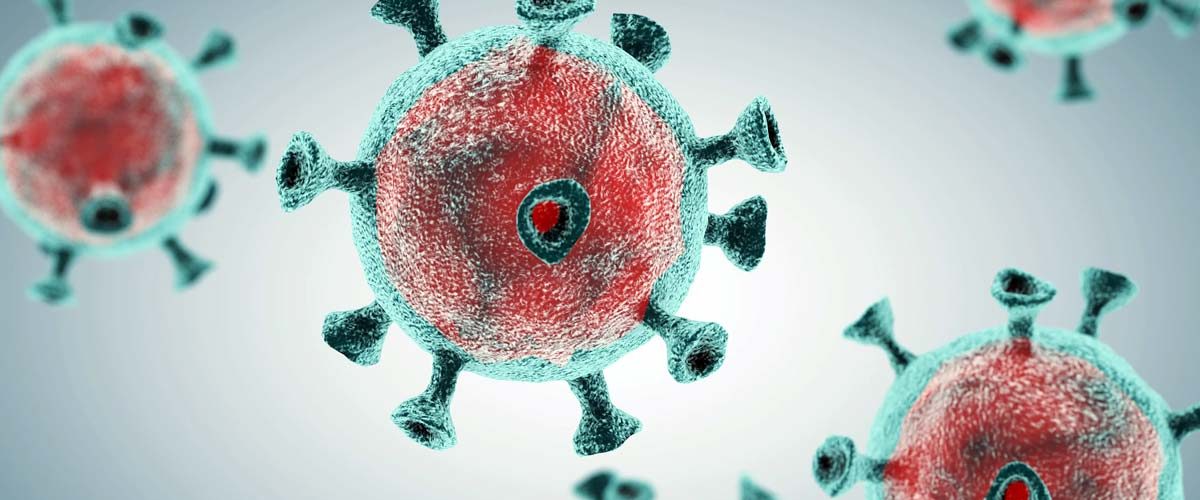The existing nomenclature for naming and identifying coronavirus has been a bit confusing for the public and to assist public discussions of various variants of coronavirus, WHO has introduced a new system, which will not cancel the previous system. This new method has labeled the variants of concern (VOC) and variants of interest (VOI) with Greek Alphabets for more practical and ease of use in non-scientific audiences.
It is vital to understand what a VOC and VOI are.
Any isolate of SARS-CoV-2 will be a variant of interest if, in comparison to reference isolates, its genome has mutations with a recognized or suspected phenotypic consequence like, causing community transmission, detected in multiple countries or is evaluated by WHO to be a VOI in consultation with the WHO SARS-CoV-2 Virus Evolution Working Group.
For any variant of SARS-CoV-2 to be a VOC, it should first fulfill the criteria to be a VOI, and additionally should demonstrate to be linked with one or more global public health concern like elevated transmissibility or damaging changes in COVID-19 epidemiology, enhanced virulence or modification in the clinical presentation of the disease, and/or reduced inefficiency of public health, social measures, diagnostic, vaccine, and therapeutic methods.
The existing naming system being used for naming and tracking coronavirus among the scientific community is the one established by GISAID (Global Influenzas Surveillance & Response System), Nextstrain, and Pango. Which will still be in use and the new system isn’t going to replace it, reported Maria Van Kerkhove of WHO.

The most concerning variants are the four circulating and the second-level variants of interest are being looked for. The VOC is labeled as following; so-called British variant B.1.1.7, becomes Alpha, South Africa’s variant B.1.351 becomes Beta, whereas, the Brazilian variant P.1 becomes Gamma. The noxious Indian variant B.1.617 is being divided into two sub-lineages, that is; B.1.617.2 becomes Delta, while B.1.617.1 becomes Kappa. Their linage names are still in practice in the scientific circles for conveying information about mutations and keeping track of different variants.
In addition to providing ease of communication and discussion, this new method of naming the variants will help in limiting stigmatization and discrimination when it comes to referring to the variants, for example in the past B.1.1.7 was referred to as British variants. It will discourage people from calling variants by the places where they were first detected. This method will have ease of recall and limited chances of misreporting.
Recently US President Joe Biden has signed a hate crime law, to protect Asian Americans from getting attacked in the wake of the surge in threats during the COVID-19 pandemic. Part of it has to be blamed on President Donald Trump, who in the past had many times referred to COVID-19 as the “China Virus”. To limit the confusion and stigmatization WHO has been long trying to find a simplified method to name the emerging variants, which seems successful now. But it’s well known that there is only 24 Greek alphabet so no plan has yet been announced about the information on, what to do when we’ll run out of these name.
Keywords:
SARS-CoV-2, coronavirus, COVID-19, Pandemic, Variant of Interest, VOI, WHO, virus nomenclature, B.1.1.7, British variant, Indian variant.
















Add comment